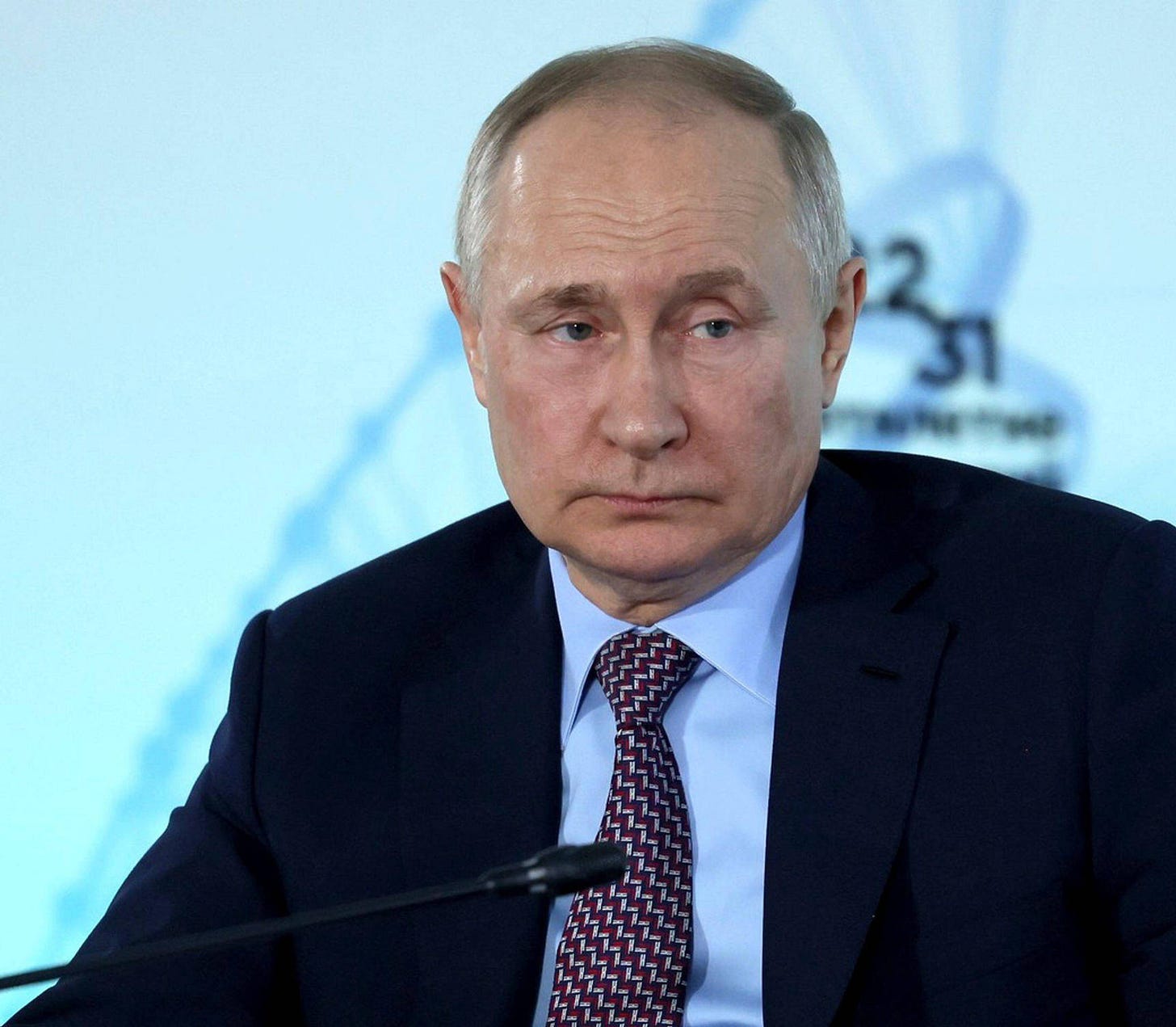In a recent piece published on the Foreign Affairs website I considered Russia’s war in Ukraine as a textbook example of the problem of forever wars (about which I had previously written in the same journal, republished here).
How do countries cope when wars meant to be short and decisive turn out to be protracted and inconclusive? In such situations strategy needs to rethought to bring military means and political objectives into a new alignment – more appropriate means and more realistic objectives. The more a war drags on the harder this becomes for added to the original objectives comes an additional one, the need to avoid the humiliation of defeat.
This additional factor helps explain why Vladimir Putin persists with a war that he is not winning and cannot win. Limited territorial acquisitions do not mean that Putin is winning. Victory depends on achieving his political objectives and here he is not even close.
Putin has made no secret of his objectives. They were first set out as the full-scale invasion was launched in February 2022. Then he focused on the ‘denazification’ and ‘demilitarisation’ of Ukraine, along with constitutional changes to protect Russian speakers. In September 2022 he added to these the claimed annexation of four oblasts (Donetsk, Luhansk, Kerson, and Zaporizhzhia) in addition to Crimea, taken in 2014.
These objectives have been reaffirmed regularly, and since December in every statement describing what Russia wants from peace negotiations. The demand is for a subjugated, neutralised, disarmed Ukraine, not only resigned to some of its territory being under Russian occupation but also obliged to hand over extra that Russia has thus far failed to obtain through military action.
For Russia this is what winning means. That is why Russia would not accept Trump’s offer –Russia keeping what it holds and no NATO membership for Ukraine. Trump made his offer under the misapprehension that this would satisfy Putin sufficiently for him to agree a ceasefire. This was despite Putin and his foreign minister Sergey Lavrov insisting that they had no interest in a ceasefire until all their political objectives had been met.
Yet while Trump should not have been surprised by Russia’s stance he could be forgiven for being puzzled. Why was the Russian president being so stubborn? After all, approaching three and a half years into an intensive war none of Putin’s war aims are close to being achieved. Russia occupies significantly less territory than it did a couple of weeks into the invasion. When it advances it only does so at a glacial pace and enormous cost. Ukraine is now one of the most militarised states in Europe with a thriving defence industry. It has developed a network of partnerships that do not quite add up to a full alliance but can still play an important role in its future security. If Putin wanted a way to ease his country out of this calamitous war with minimal humiliation, Trump’s offer was as generous as any that a US president was likely to make.
Keep reading with a 7-day free trial
Subscribe to Comment is Freed to keep reading this post and get 7 days of free access to the full post archives.




